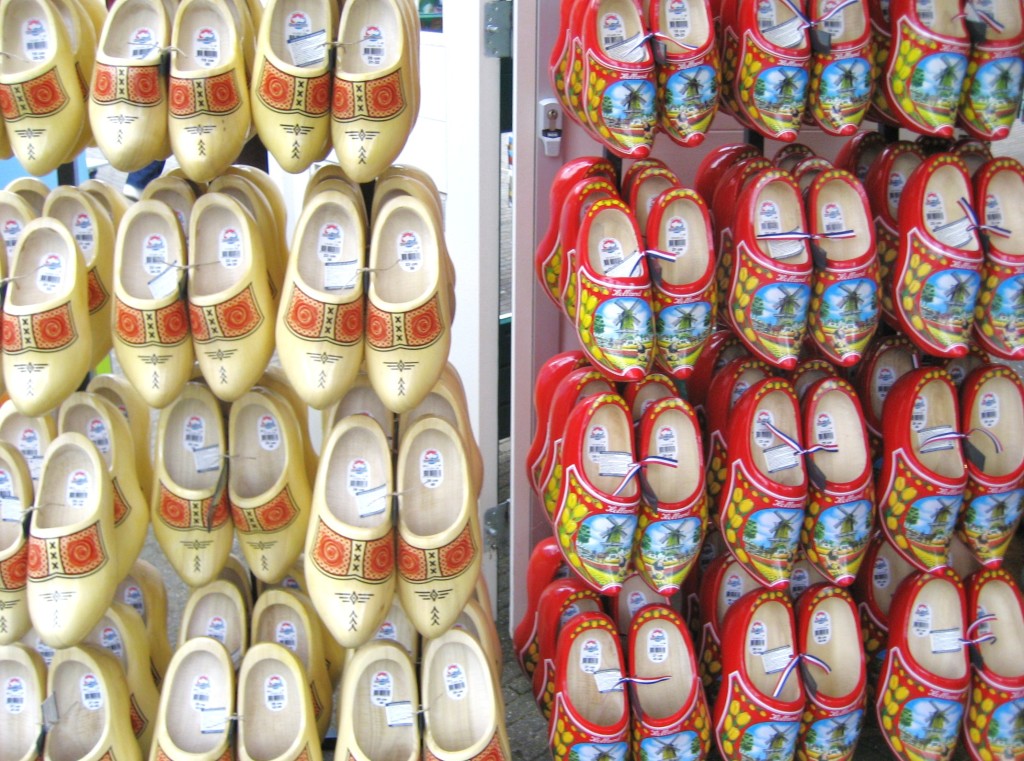Netherlands: A Country or Group of Countries? Is Holland one of them?
Q: Does The Netherlands refer to one country or a group of countries, and is Holland one of them? Response: Good one. Yes and No, but yes. Borrowing the line from a popular song “…this is the land of confusion” this is probably a good trivia game question. For those who prefer the short, quick answer: Netherlands is a country. There is NO country called Holland. Holland is a province of Netherlands (actually two provinces: North Holland and South Holland). For those who possess a little more intrigue: The confusion over The Netherlands and the common misconception that Holland is a country, or that it is one and the same place, has some historic roots. Commonly referred to by some as Holland, and yet others as The Netherlands, they are referring to same place, sort of. To start with the basics: Netherlands is a European country that is part of the Kingdom of the Netherlands, ruled by the Dutch royal family. The country itself, Netherlands, is comprised of 12 local provinces (Brabant, Drenthe, Flevoland, Friesland, Gelderland, Groningen, Noord (North) Holland, Zuid (South) Holland, Limburg, Overijssel, Utrecht, and Zeeland). The confusion extends into the Caribbean islands as well; Bonaire, Sint Eustatius and Saba are cities of the country of Netherlands, while Aruba, Curaçao, and Sint Maarten are self-governing countries of the Kingdom of the Netherlands. Summarized on the blog by cgpgrey: So in the end, there are 6 Caribbean islands, four countries, twelve provinces, two Hollands, two Netherlands and one kingdom, all Dutch. Quite simply, Holland makes up two provinces of the country, Netherlands. So why the confusion? Why do people say “Amsterdam, Holland” but “Rotterdam, Netherlands” when both cities are located in the province of Holland in the country of Netherlands? It is like saying one is going to Seattle, Washington or Arad, Transylvania versus Seattle, USA or Arad, Romania, respectively. Looking into the the history of this common reference, a few excerpts below give a little insight regarding origins and advice, taken from the site internationalstudents.nl: When the Dutch went out into the world … starting in the 17th century… to establish trading routes, most ships came from the two provinces now called North Holland and South Holland… The Netherlands did not exist at that time yet, so when you would ask the sailor where they were from they would respond with the name of their city-state (province). Most of the time the sailor response would be that he was from Holland. Ever since Holland has been an synonym for the area that would later be called The Netherlands. . . … since there are ten other provinces with each having their own proud history, I would not recommend saying Holland when you are actually trying to refer to The Netherlands. It is just not correct and can even be seen as offensive or insulting, . . . There are many other sources which add to the confusion, including the country itself choosing to use the name Holland on their official sites for promoting tourism (www.holland.com, www.lekkerweg.nl). And many countries have the use of Holland rather than Netherlands historically ingrained into their languages and unchanged to this day. For example; Holandés in Spanish, Olandese in Italian, Hollandais in French, Olanda in Romanian, and Holländisch in German. So a bit of history follows us through the ages and makes for interesting discussion. Speaking of which, why are Netherlanders referred to as Dutch (or are they?), and the Germans as Deutsche? Another post for another day. In the meantime, below are a few [somewhat contrasting] references to get you warmed up: Why are people from the Netherlands called Dutch? Why are the Dutch called Dutch? First of all, we do not call… Dutch People Names of Germany
